Life as a woman application specialist with medical equipment
This article focuses on the career of a woman biomedical engineering graduate and her work for FUJIFILM as an application specialist with medical equipment.
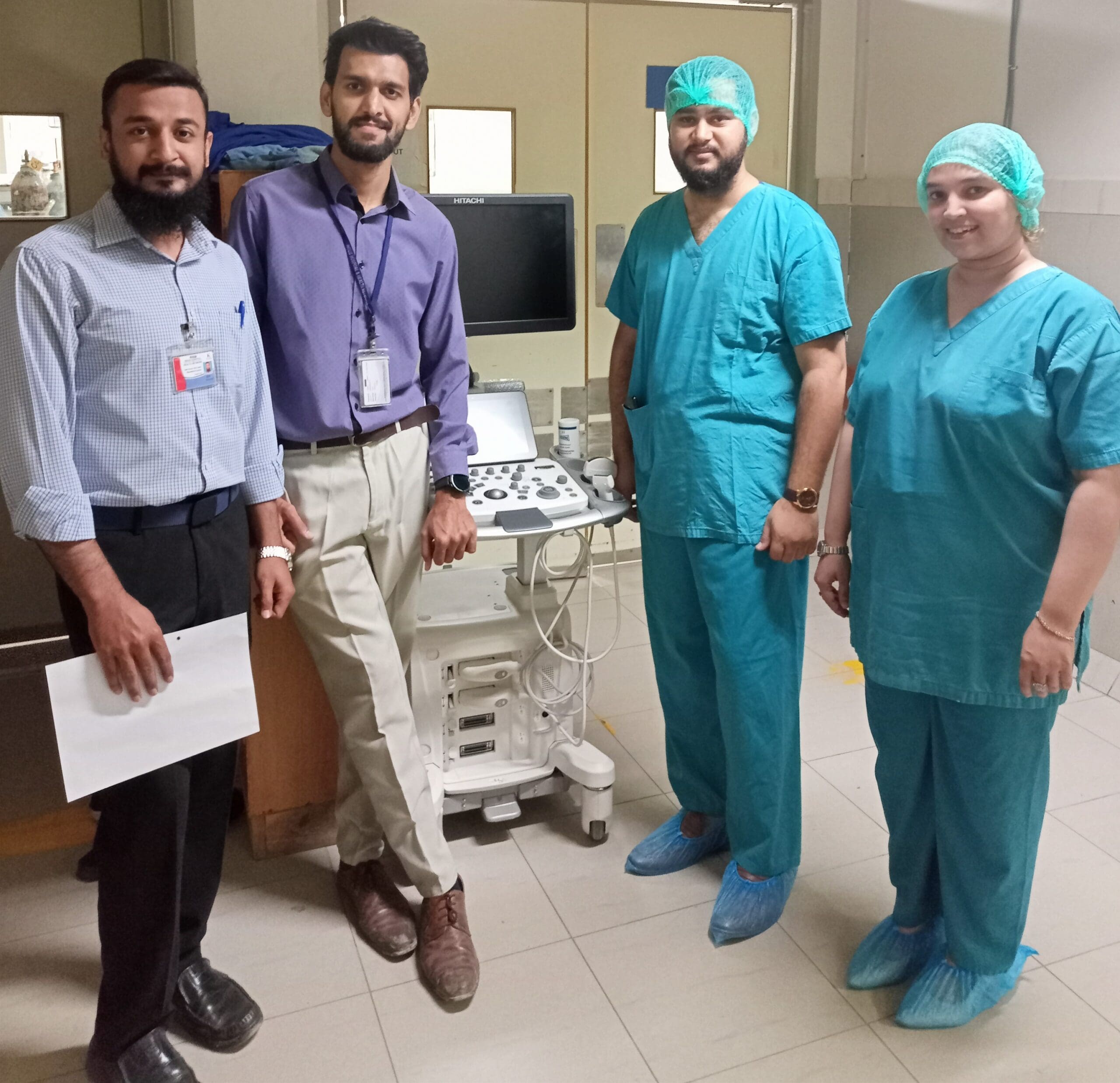

A Biomedical Engineering graduate and a leader in the making
Background and path to working as a woman field service engineering for medical equipment
Could you give a brief description of your background and what led you to study and work in engineering?
I am a biomedical engineer by profession. As I am blood phobic, I couldn’t choose to work directly in the medical field but my passion for serving human health made me opt for biomedical engineering.
Were you interested in science and engineering when you were a child? Any examples?
Yes, I used to assemble and disassemble toys. I wasn’t much into dolls and “girly stuff” but into tools.
Has there been a particular person who has inspired you during your life?
Not exactly, however my mum says I was born with such a mindset.
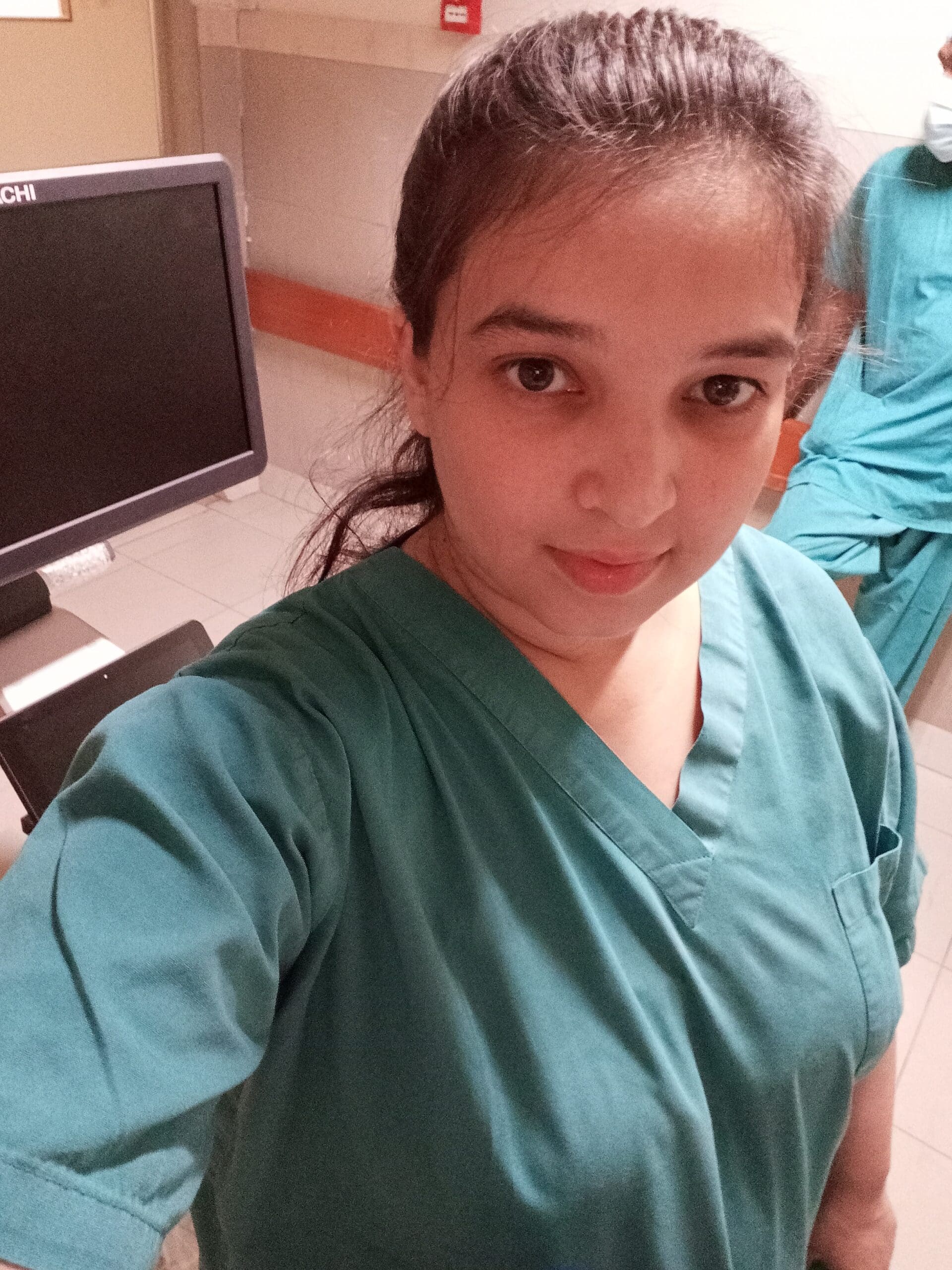

Most challenging part of the job working as a woman engineer on medical equipment
What do you find most challenging when you are working – technical side, people/customers, or logistics (travel etc.)?
I think male dominancy in our field is a major challenge.
What has been your most challenging job in the field?
The biggest challenge has been proving myself with other male field engineers. Being the only female with them it was hard for them to acclimatise to having a woman as a colleague in their formerly all-male working world.
Have you ever arrived on site and found that it was much easier than you expected? For example, did you ever need to simply switch on a machine.
Yes, of course.
There were times when I used to overthink about a reported fault before I arrived. However, when I reached the site, the problem was something simple: either selection of the wrong probe, frequency, or a simple restart.
Is your role ever uncomfortable because of heat, cramped spaces, bad lighting etc?
Yes, so I always carry a torch with me.
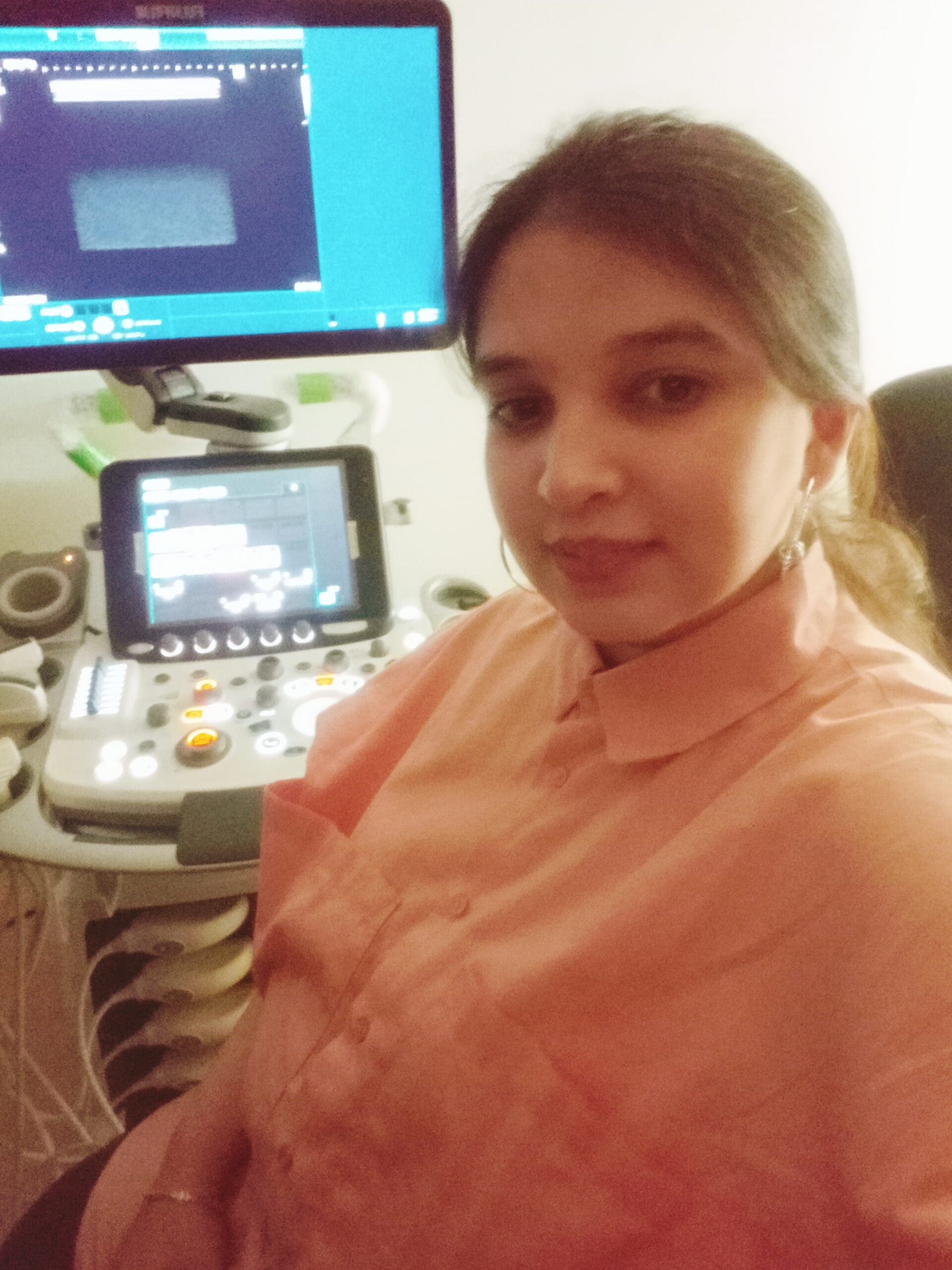

Typical week
What is your typical day like?
Great.
I feel alive in the field when I am satisfying my customers.
How much of your time is spent on site with customers and how much with admin and other tasks?
Mostly I am found with my clients and end users. However when there is some upcoming procurement I am seen with the admin or procurement department.
Being out in the field can be lonely. How do you stay in touch during the working day?
As long as there is signal and internet via calls and messages.
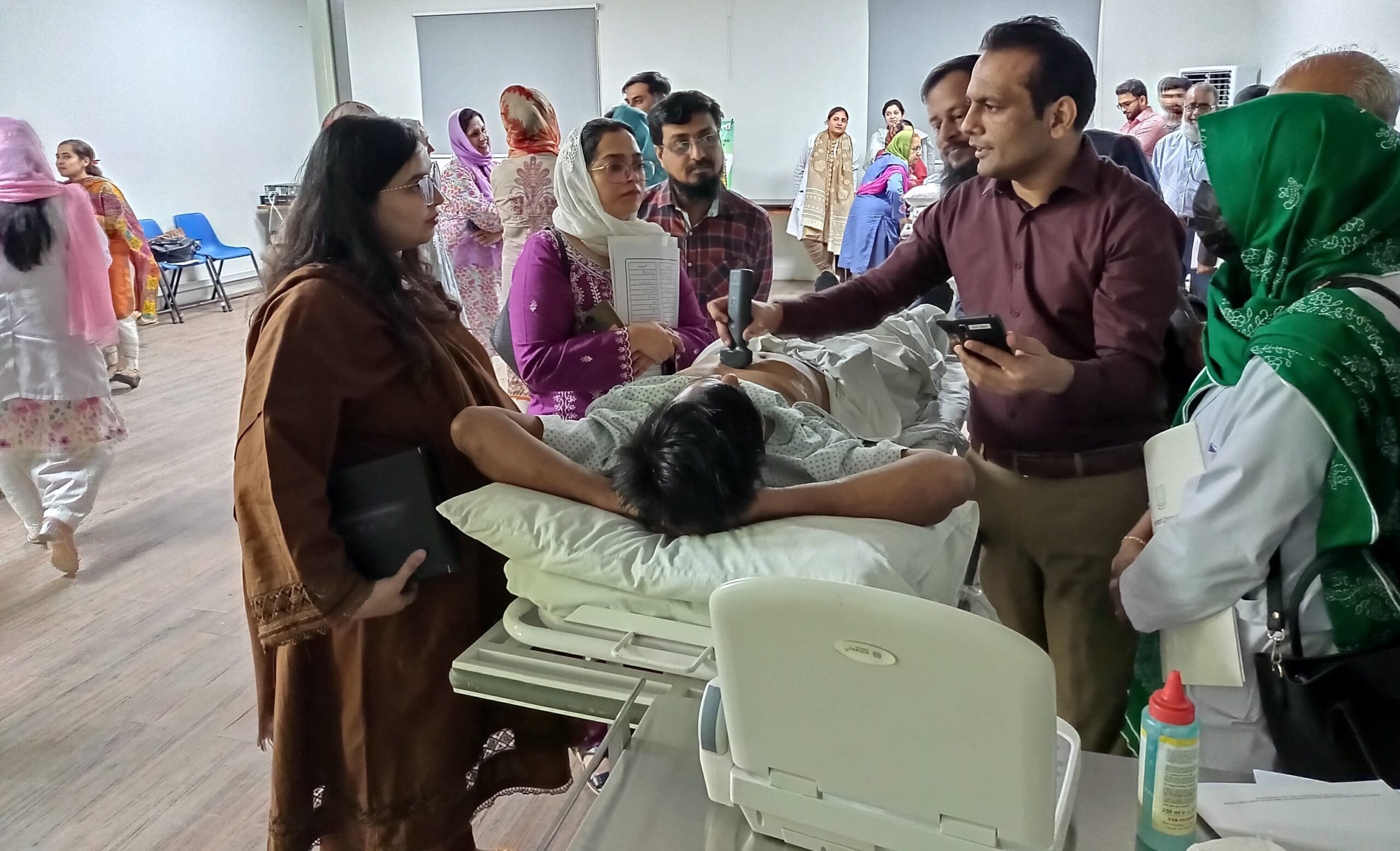

Women in engineering
You are working in a male dominated industry. How do you think it will change over the next ten years?
It has to change; more women need to step into our field. I presume balance is required in both the sales and service side of biomedical engineering.
What needs to be done to encourage more women to consider engineering?
Awareness they need to realize their potential, boost their confidence, and work side by side with men. They need to know that failures are steppingstones to success in life. So, they must not be afraid to fail while performing any task as we learn with mistakes, and we grow with them.
What would you say to a woman who is considering working in the medical engineering industry?
I would say this.
“YOU ARE DOING GREAT! HAVE FAITH IN YOURSELF AND CONQUER THIS DOMAIN.”
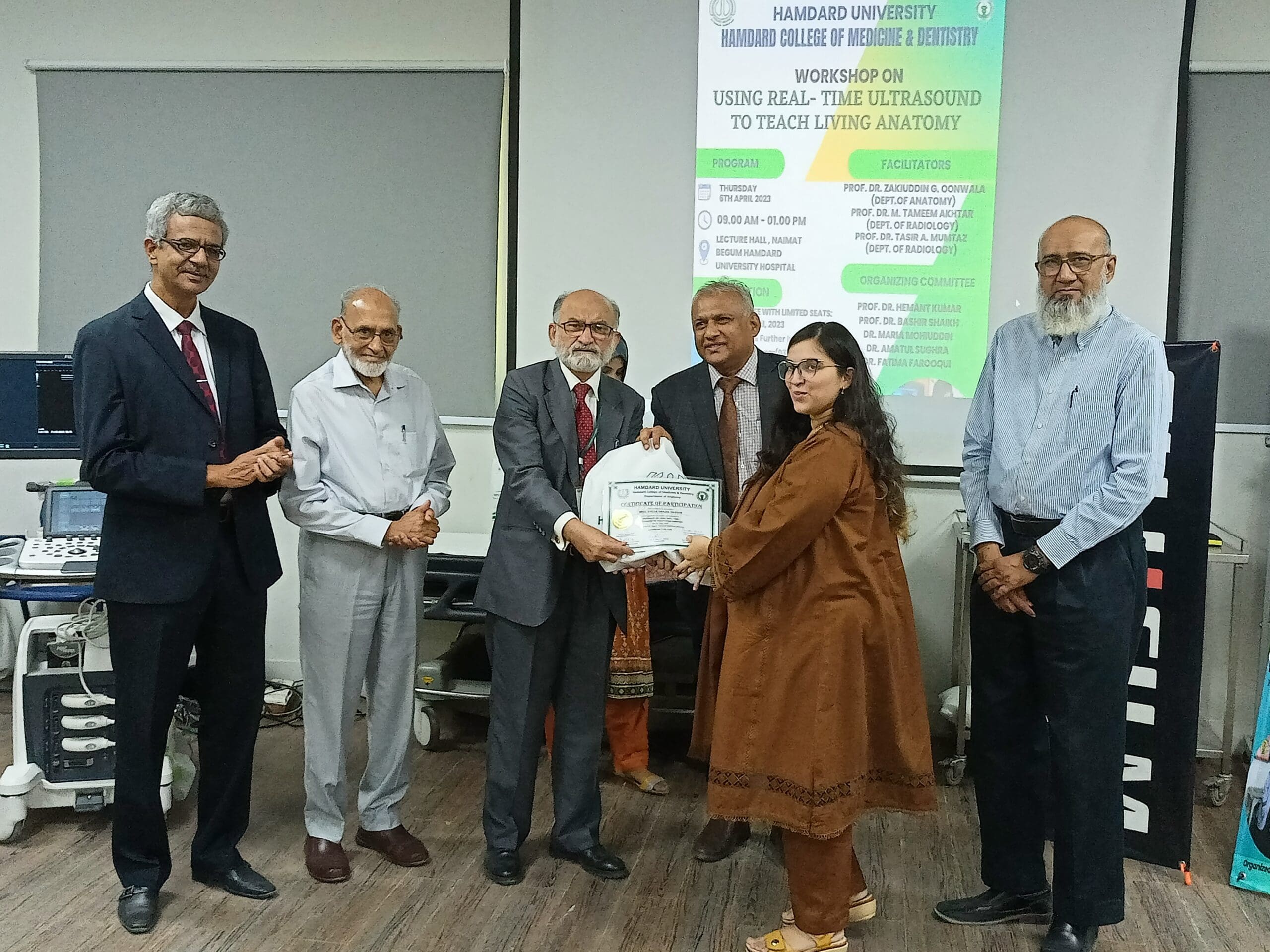

Making a winner
What makes the type of engineer who is tomorrow’s senior engineer or team leader?
I think in leadership, the quality is inbuilt from the beginning. A true leader, even if they are working at a junior level is always a leader and always leads. So, they always think of their colleagues, motivate them, encourage them, make their paths easier, give the credit to the ones who deserve it. A leader has a goal and a vision; which I think makes the leader become a great team leader.
How important are people and communication skills?
Very important and it may be the most important thing in our field.
How important is ongoing training?
Certainly, very important as it helps keep us updated.
How key is it to have a mentor and a good team supporting each individual engineer?
A blessed workplace helps every individual grow and give their best in their field. Once they are given support, they perform and excel in field work.
New women medical equipment field engineers
What advice would you give to someone who has just started their first job as a field engineer?
Have patience, you may not always be able to satisfy the customer as you are in the beginning phase but eventually you are going to nail it.
Apart from a strong technical background, what are the three most important skills to have?
I think these three things are key.
Excellent clinical knowledge.
Strong command of all the products which then leads to customer satisfaction.
Ability to deliver excellent training to the end users.
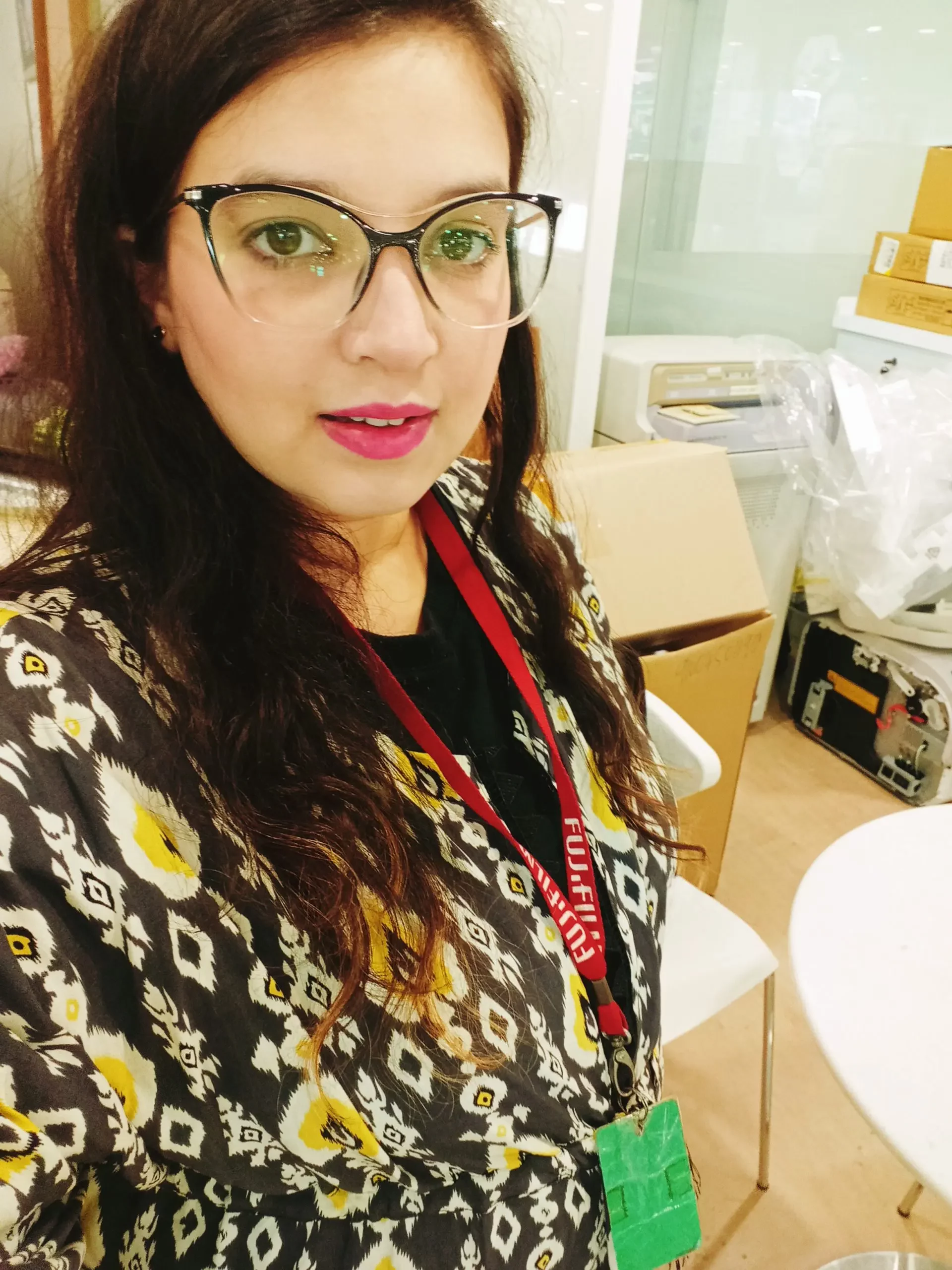

The author
Syeda Ghazia graduated in Biomedical engineering from NED University of Engineering and Technology (NEDUET). She is now working as an Application Specialist for FUJIFILM. Syeda Ghazia is based in Pakistan.
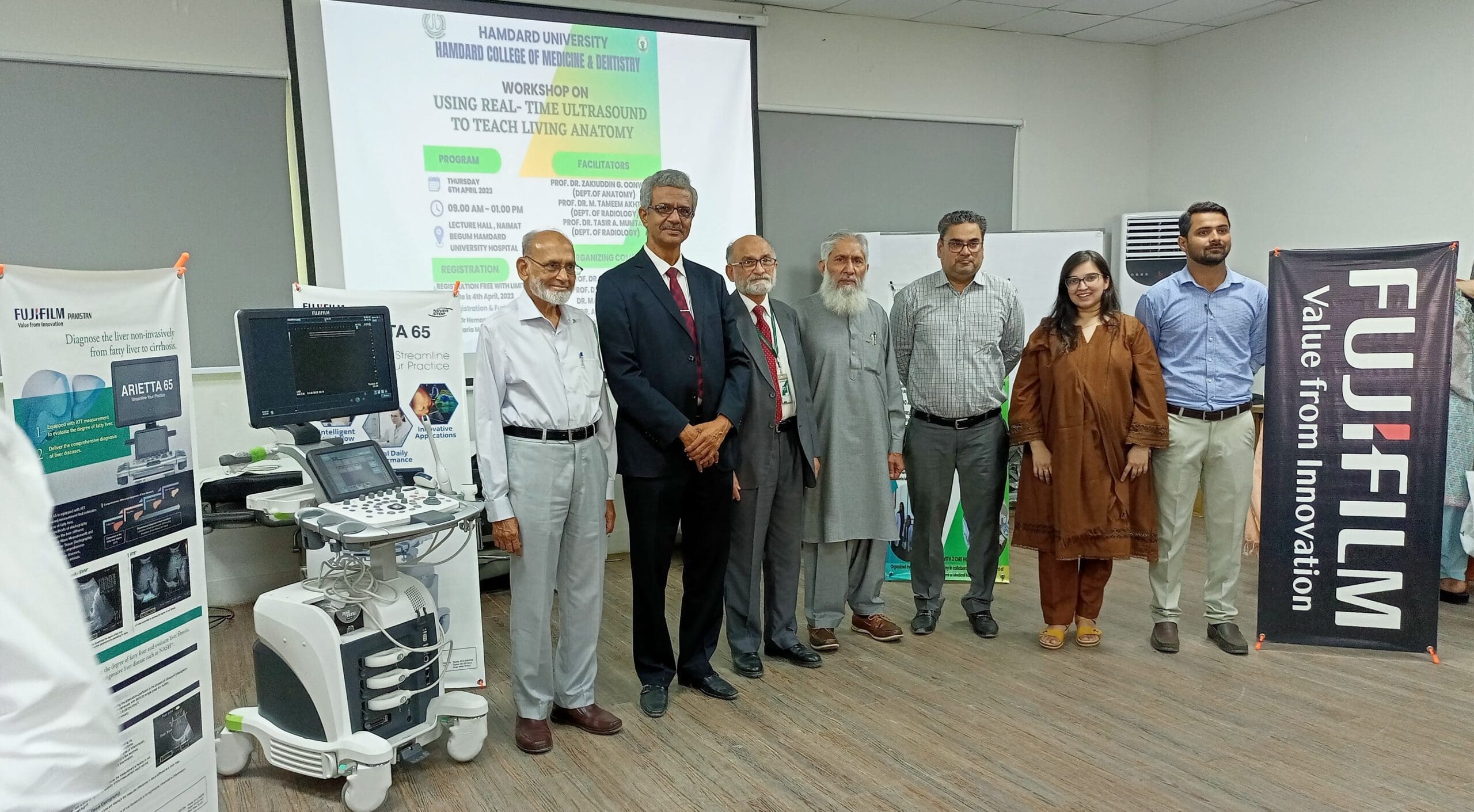

Further reading
Who repairs and services the medical equipment in a hospital?


Responses